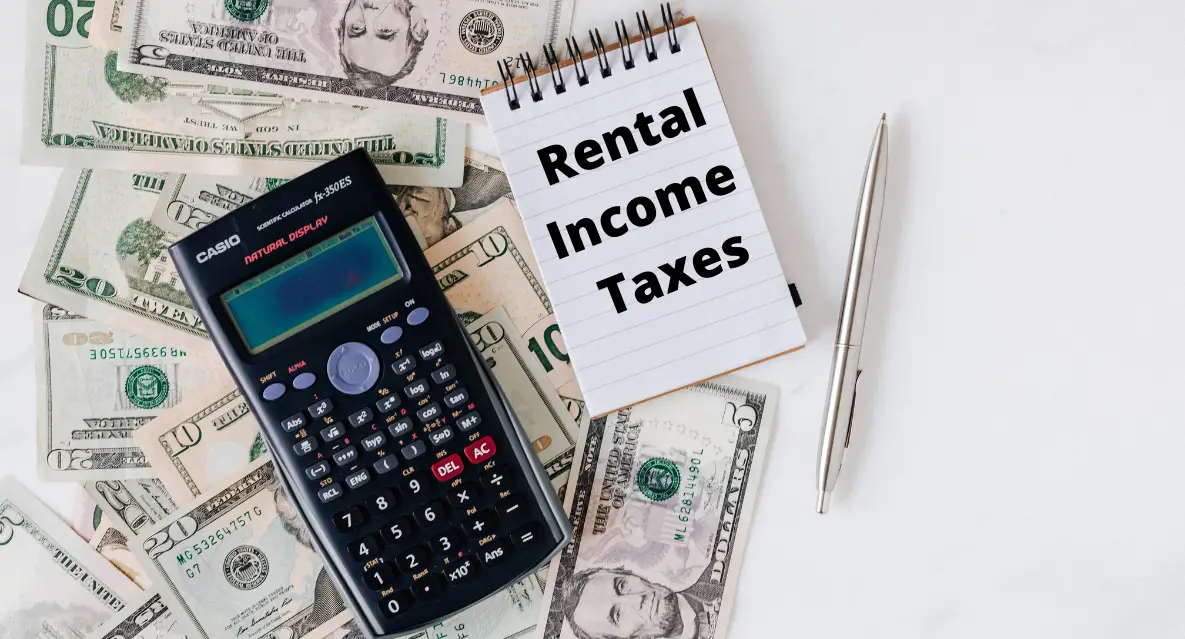What Are Medicare Taxes and Who Pays Them?
What Are Medicare Taxes and Who Pays Them?
Blog Article
When leasing out home, several first-time landlords question whether they should pay taxes on the revenue they earn. The simple solution is yes—net investment income tax 2024 by the IRS. But, understanding what qualifies as taxable income—and the deductions you might be titled to—can allow you to greater control your economic responsibilities as a landlord.
What Matters as Hire Revenue?
The IRS describes rental revenue as any cost you get for the utilization of a property you own. Including not only the regular rent from your tenants but also extra payments, such as for example:
•Advance Rent: In case a tenant gives book upfront for the next time, it should be described as revenue when received, not once the period begins.

•Security Remains (if maybe not refunded): In the event that you keep a security deposit for problems and other conditions by the end of a lease, this amount becomes taxable.
•Services in Host to Rent: Periodically, tenants might provide things or companies instead of spending rent. For instance, if your tenant mows the garden as a swap for portion of these rent, the equivalent monetary price of these company should be declared as income.
Costs That May Be Deducted
Fortunately, landlords can offset many of their prices against their rental money, decreasing the taxable amount. Some common deductions contain:
1.Property Repairs
Slight fixes, such as for example correcting a leaky tap or repainting surfaces, are deductible since they are considered essential to keep the property.
2.Mortgage Interest
In the event that you took out a loan to get your hire property, you might state the fascination you spend on the mortgage.
3.Property Fees and Insurance Premiums
These are common deductions, as equally are expected your can purchase and manage a property.
4.Maintenance and Tools
Any maintenance expenses or routine maintenance prices may be deducted, as well as utilities you pay with respect to your tenant.
5.Depreciation
Landlords may take some of the property's depreciation value annually around its expected life (typically 27.5 decades for residential properties).
Processing Your Hire Money
Hire income should be reported on Schedule Elizabeth (Supplemental Revenue and Loss) if you're processing as an individual taxpayer. That type enables you to list your hire money and any deductions. The internet figure—income minus expenses—is what'll fundamentally be taxed.
Critical Takeaway
Duty rules on rental income can feel complex, but with appropriate record-keeping and attention of possible deductions, landlords can minimize their taxable money and keep compliant. For appropriate filings, always consult a tax skilled or control tools to simplify the process.
Report this page